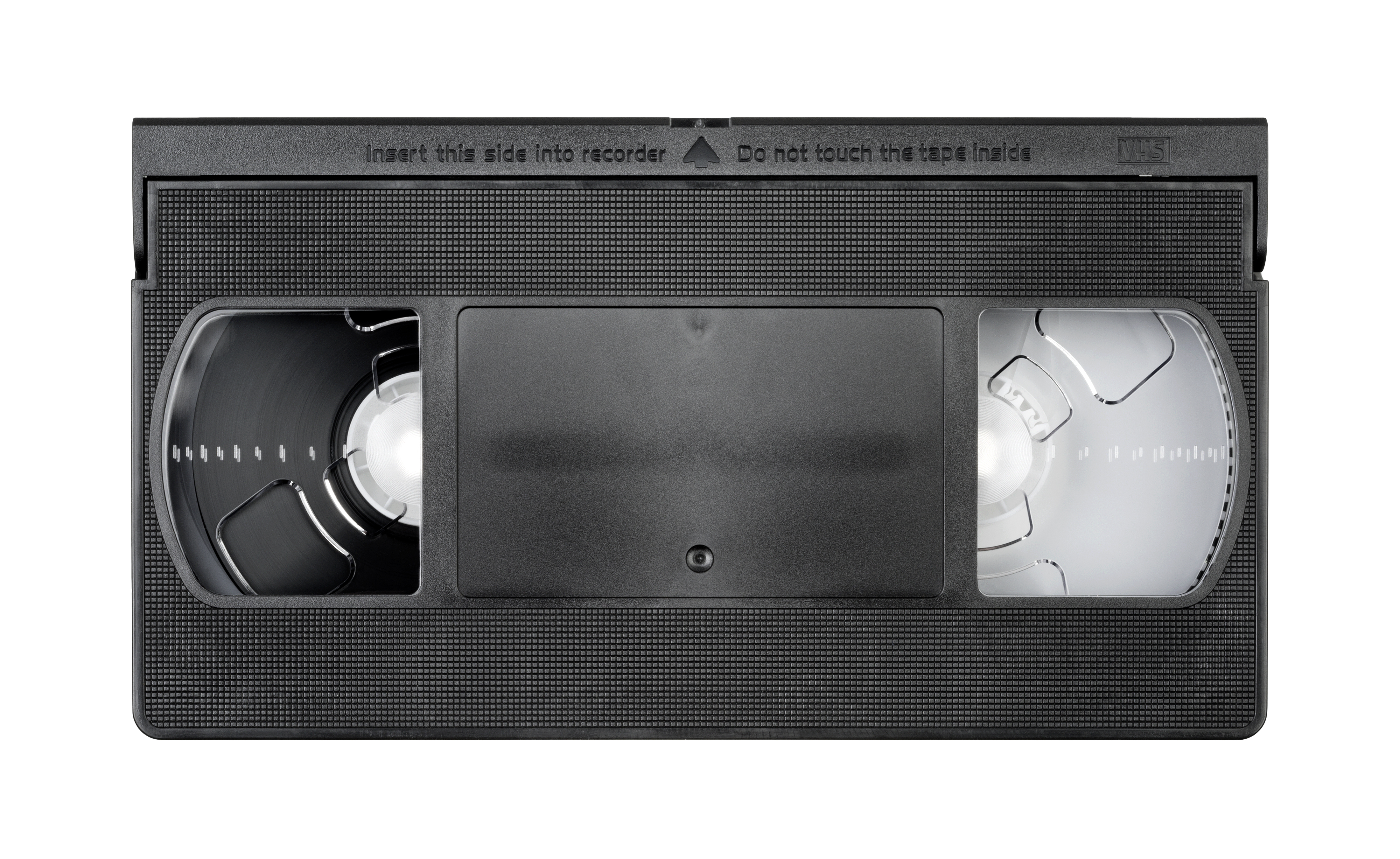|
Last Call BBS
''Last Call BBS'' is a puzzle video game developed by Zachtronics. Released on August 4, 2022, it was the studio's final game before its closure. Gameplay Set on a Z5 Powerlance, a fictional 1990s PC, ''Last Call BBS'' features eight small puzzle games with distinct gameplay. To install the games, the player needs to dial an in-game BBS. All games contain elements of previous works developed by Zachtronics. For instance, ''20th Century Food Court'', a factory simulation game where the player arranges machines to make food, incorporates the assembly line elements of ''SpaceChem''. With point-and-click controls, the games begin with easy introductory levels, before increasing in difficulty as new gameplay elements are introduced. In addition to the puzzle games, the game contains a circuit creation game, model-building simulator and a retro-style minigame of solitaire, similar to those present in previous Zachtronics games. Development and release The closure of Zachtronic ... [...More Info...] [...Related Items...] OR: [Wikipedia] [Google] [Baidu] |
Zachtronics
Zachtronics LLC is an American video game developer, best known for engineering-oriented puzzle video games and programming games. Zachtronics was founded by Zach Barth in 2011, who serves as its lead designer. Some of their games include ''SpaceChem'', ''Infinifactory'', ''TIS-100'', and ''Shenzhen I/O''. ''Infiniminer'' (2009) inspired the creation of ''Minecraft''. History Zach Barth started creating games early in life and further developed his programming skills at Rensselaer Polytechnic Institute (RPI), where he joined the game development club. Barth studied computer systems engineering and computer science at RPI. He was one of three students leading the interdisciplinary team of the CapAbility Games Research Project, a collaboration of RPI with the Center for Disability Services in Albany, New York. In 2008, the team produced ''Capable Shopper'', a shopping simulation game for players with various degrees of disability. Barth's initial games were generally free browse ... [...More Info...] [...Related Items...] OR: [Wikipedia] [Google] [Baidu] |
Patience (game)
Patience (Europe), card solitaire, or solitaire (US/Canada), is a genre of card games whose common feature is that the aim is to arrange the cards in some systematic order or, in a few cases, to pair them off in order to discard them. Most are intended for play by a single player, but there are varieties for two or more players. Genre names 'Patience' is the earliest recorded name for this type of card game in both British and American sources. The word derives from the games being seen as an exercise in patience.Parlett (1991), pp. 157–161. Although the name solitaire became common in North America for this type of game during the 20th century, British games scholar David Parlett argues that there are good reasons for preferring the name 'patience'. Firstly, ''patience'' refers specifically to card games, whereas ''solitaire'' may also refer to games played with dominoes or peg and board games. Secondly, any game of patience may be played competitively by two or more players ... [...More Info...] [...Related Items...] OR: [Wikipedia] [Google] [Baidu] |
Video Games Developed In The United States
Video is an electronic medium for the recording, copying, playback, broadcasting, and display of moving visual media. Video was first developed for mechanical television systems, which were quickly replaced by cathode-ray tube (CRT) systems, which, in turn, were replaced by flat-panel displays of several types. Video systems vary in display resolution, aspect ratio, refresh rate, color capabilities, and other qualities. Analog and digital variants exist and can be carried on a variety of media, including radio broadcasts, magnetic tape, optical discs, computer files, and network streaming. Etymology The word ''video'' comes from the Latin verb ''video,'' meaning to see or ''videre''. And as a noun, "that which is displayed on a (television) screen," History Analog video Video developed from facsimile systems developed in the mid-19th century. Early mechanical video scanners, such as the Nipkow disk, were patented as early as 1884, however, it took several decades ... [...More Info...] [...Related Items...] OR: [Wikipedia] [Google] [Baidu] |
Video Games About Computing
Video is an electronic medium for the recording, copying, playback, broadcasting, and display of moving visual media. Video was first developed for mechanical television systems, which were quickly replaced by cathode-ray tube (CRT) systems, which, in turn, were replaced by flat-panel displays of several types. Video systems vary in display resolution, aspect ratio, refresh rate, color capabilities, and other qualities. Analog and digital variants exist and can be carried on a variety of media, including radio broadcasts, magnetic tape, optical discs, computer files, and network streaming. Etymology The word ''video'' comes from the Latin verb ''video,'' meaning to see or ''videre''. And as a noun, "that which is displayed on a (television) screen," History Analog video Video developed from facsimile systems developed in the mid-19th century. Early mechanical video scanners, such as the Nipkow disk, were patented as early as 1884, however, it took several decades bef ... [...More Info...] [...Related Items...] OR: [Wikipedia] [Google] [Baidu] |



